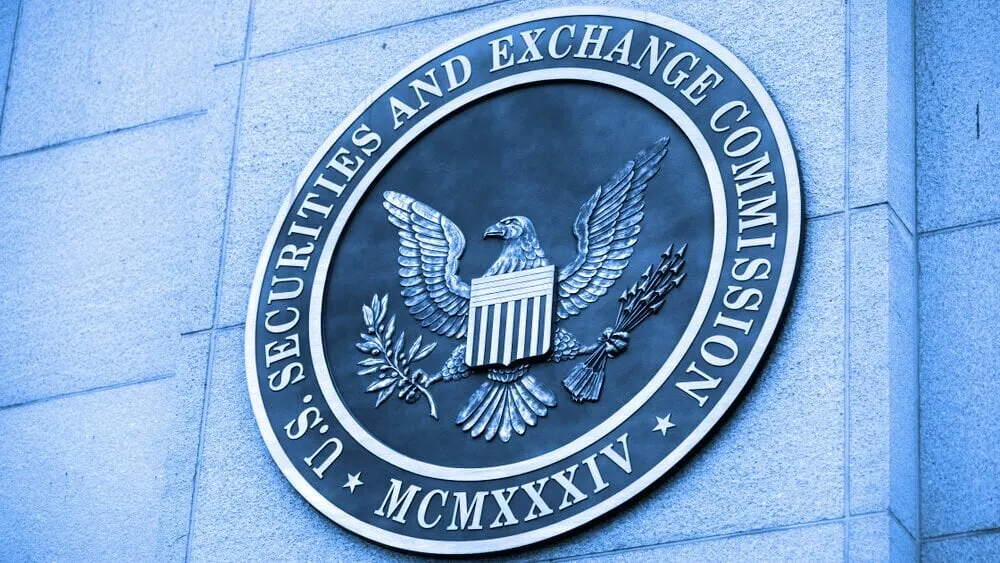The U.S. Securities and Exchange Commission (SEC) has filed charges against The Hydrogen Technology Corporation, accusing it of “effectuating the unregistered offers and sales of crypto asset securities.”
The SEC’s complaint says that starting in January 2018, the Miami-based Hydrogen and former CEO Michael Ross Kane created the Hydro token and then publicly distributed it through various methods, including an airdrop, bounty programs, employee compensation, and direct sales on trading platforms.
The complaint further alleges that Kane and Hydrogen hired Moonwalkers Trading Limited, a South Africa-based firm, to create “the false appearance of robust market activity for Hydro” through the use of bot activity.
According to the regulator, this helped the project to sell the Hydro token into an “artificially inflated market for profit on Hydrogen’s behalf.”
Hydrogen allegedly raked in more than $2 million in profits “as a result of the defendants’ conduct.”
“As we allege, the defendants profited from their manipulation by creating a misleading picture of Hydro’s market activity,” Joseph Sansone, Chief of the Enforcement Division’s Market Abuse Unit, said in a statement. “The SEC is committed to ensuring fair markets for all types of securities and will continue to expose and hold market manipulators accountable.”
To determine whether an asset is a security, the SEC applies the almost a century-old Howie test, which defines a security as an investment promising some kind of dividend on the back of a third party’s efforts.
Theoretically, the case brought against Hydrogen may also signal that tokens distributed through airdrops can be deemed unregistered securities as well.
Airdrops are a method of distributing tokens to users or potential users. More recently, they've been used to create DAOs by transferring ownership and responsibilities from a core team to its decentralized users.
Hydrogen denies allegations
In a statement, Hydrogen said the matter "has been dragging on for many years and wholly lacks merit.” The company also said it will litigate the SEC’s case.
Tyler Ostern, the CEO of Moonwalkers, however, agreed to pay back $36,750 in illicit gains, as well as civil penalties that will be determined by the court at a later stage, the SEC said.
In a filing in federal court in Manhattan, the SEC also sought a series of penalties against Hydrogen and Kane.
“Companies cannot avoid the federal securities laws by structuring the unregistered offers and sales of their securities as bounties, compensation, or other such methods,” said Carolyn M. Welshhans, Associate Director of the SEC’s Enforcement Division.
Per Welshhans, the Hydrogen case demonstrates that the regulator “will enforce the laws that prohibit such unregistered fund-raising schemes in order to protect investors.”

